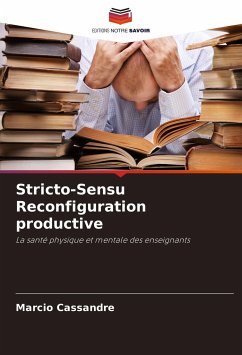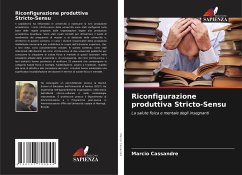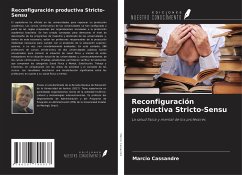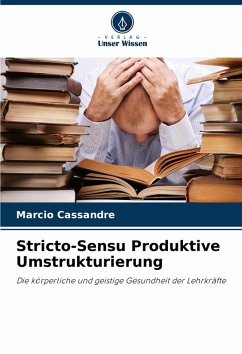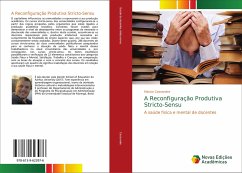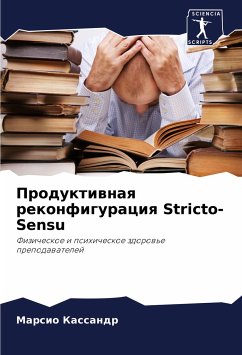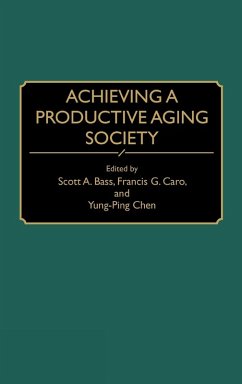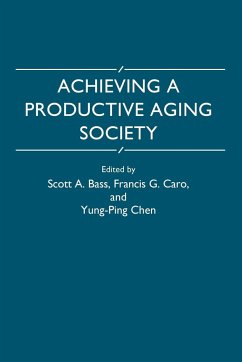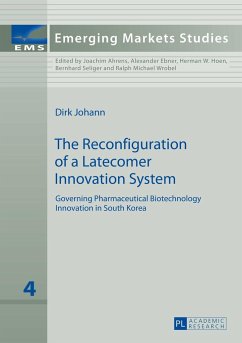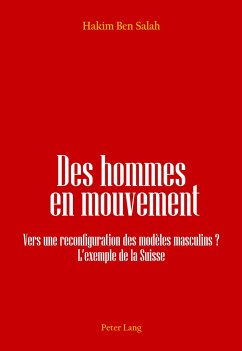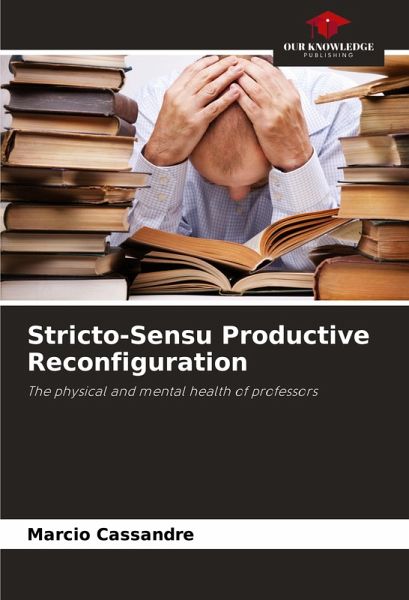
Stricto-Sensu Productive Reconfiguration
The physical and mental health of professors
Versandkostenfrei!
Versandfertig in 6-10 Tagen
43,99 €
inkl. MwSt.

PAYBACK Punkte
22 °P sammeln!
Capitalism has influenced universities to rethink their academic production. Universities' stricto-sensu courses have been configured based on the rules proposed by organizations linked to Brazilian academic production. Concepts have been created to demonstrate the level of performance of universities' master's and doctoral programs and, within this scenario, there are the professors responsible for the intellectual production necessary to fulfill the purpose of higher education, who, in turn, are constantly being evaluated. Against this backdrop, 286 professors from stricto-sensu courses at t...
Capitalism has influenced universities to rethink their academic production. Universities' stricto-sensu courses have been configured based on the rules proposed by organizations linked to Brazilian academic production. Concepts have been created to demonstrate the level of performance of universities' master's and doctoral programs and, within this scenario, there are the professors responsible for the intellectual production necessary to fulfill the purpose of higher education, who, in turn, are constantly being evaluated. Against this backdrop, 286 professors from stricto-sensu courses at two public universities were surveyed in order to find out about the physical and mental health situation of these workers in the current situation at universities and, consequently, in stricto-sensu courses. Statistical tests made it possible to verify 22 elements that make up the categories Physical and Mental Health, Satisfaction, Work and Beliefs, in comparison with the areas of activity and the concept of the courses. The results showed significant dissatisfaction among teachers in terms of their physical and mental health.





